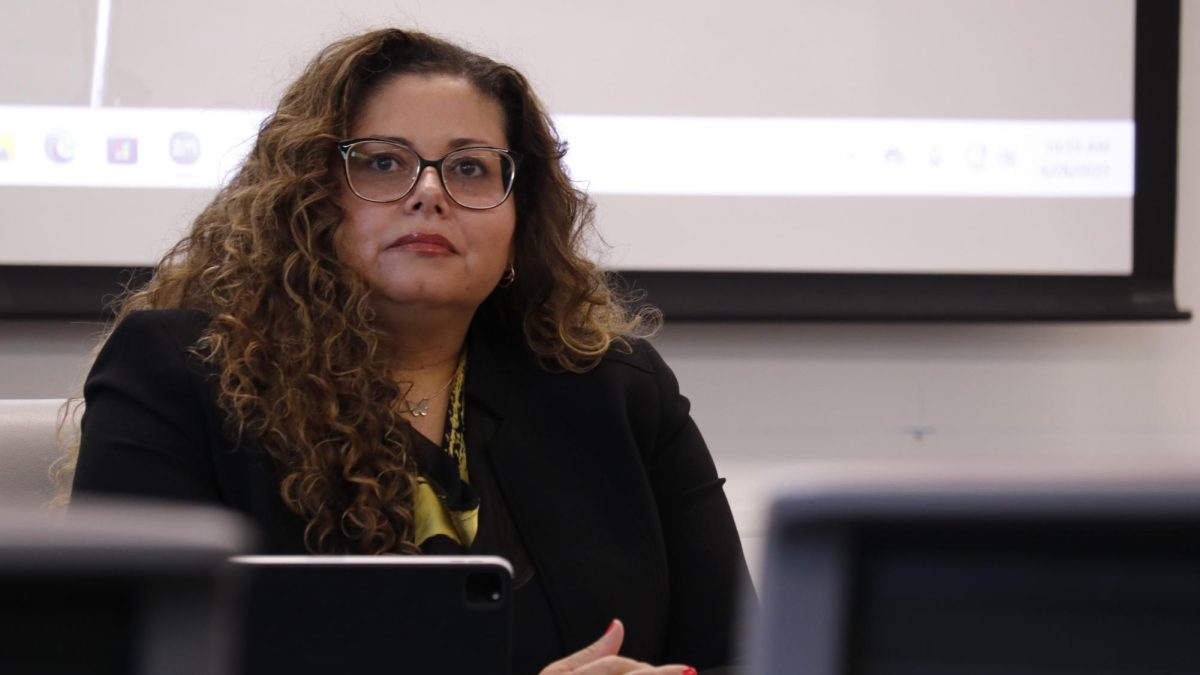
With online classes becoming more popular, some students might be unsure about whether they should take an online course or stick with the traditional in-class lecture.
If a student is independent, disciplined or just busy with school, work, or both, an online course might be the best option for that individual, said Kimberly Wells, a CSUN online professor.
“It’s really student centered,” said Wells, who teaches business communications and intermediate composition. “It’s based on that individual and on the learning style.”
She added it might also pertain to individual teaching style.
Wells said some teachers require students to meet online, but it is up to the students to meet their deadlines.
“Students are in charge of their own learning, to engage with the text, with each other, with the instructor and do it at their own pace for the most part,” she said.
“It can be good or bad,” she said. “It’s not going to work for everyone, but it really depends on the student.”
She said an online course is a convenient option for returning or busy students.
Maria Ballon, a junior economics major, is taking Wells’ online English course.
“For me, it all depends on availability,” Ballon said. “It really helps to have an online class because of my schedule — an 8:30 a.m. to 5 p.m., Monday through Friday schedule.”
Ballon, 27, studies and works full time.
“I can work during breaks and lunch and manage my own schedule,” Ballon said. “I think online classes are good for general studies.”
Ballon said she chose an online writing course because it requires more reading than practicing.
She said Wells assigns the class to read sections of different literature books each week. With a couple assignments per week, Wells requires students to give commentary on their online discussion board.
Wells’ students also need to comment on what their peers write in the online forum.
Ballon said with this class, it’s more practice than theory.
“The greatest benefit for students is the discussion board,” Wells said. “Students who are a little shy, who can’t jump into a live class discussion, they can have their voice heard in an online class.”
Wells said one disadvantage is that online classes may be viewed as impersonable, but it all depends on how an individual communicates with others.
“I’m not that social in class, but in this online class, I can participate and get involved,” Ballon said.
For her other classes, which include accounting, economics and calculus, Ballon prefers to learn in a traditional classroom setting.
“I think both (in-class and online) should be an option because a person like me needs both of them,” Ballon said. “I don’t see myself just going to school, but also not just staying home and sitting on my laptop every day.”
Melody Zedgh, an 18-year-old sophomore, is also taking Wells’ online English course.
“I think it depends on the class,” said Zedgh, a business marketing major. “For math, I wouldn’t recommend it because you self-teach. For a class like English, it’s more efficient.”
She said that to a certain extent, it can be a waste of time to be lectured on assignments or topics that students can comprehend on their own.
“Personally, if I could, all my classes would be online,” she said.
Another disadvantage of taking an online course is remembering to do an assignment or take a quiz, Zedgh said.
“It depends on how students learn,” Zedgh said. “Read the assignment, do what you have to do and get it done. I recommend it if that’s the way you like to learn.”
Wells said there will be an increase of demand in online classes.
“An online class is never going to replace live classes,” Wells said.




